News and blogs
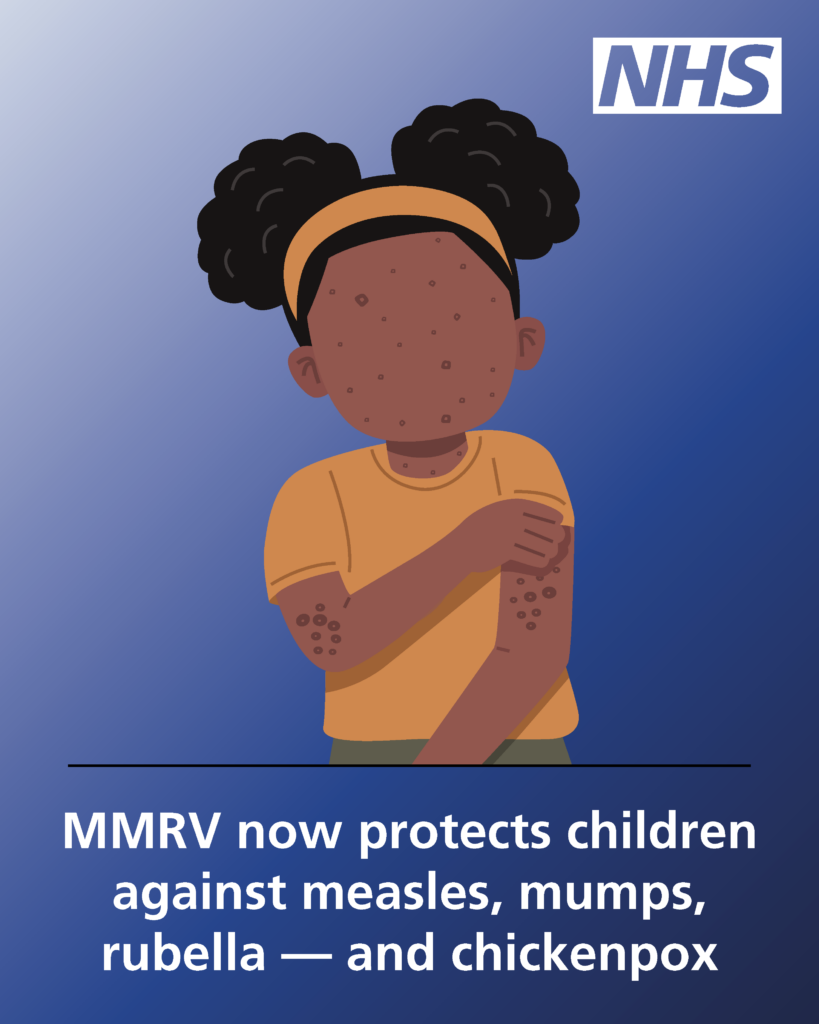
New Chickenpox vaccination programme for young children starts this month
January 2, 2026
This month will see the launch of an important childhood vaccination, known as MMRV, and […]
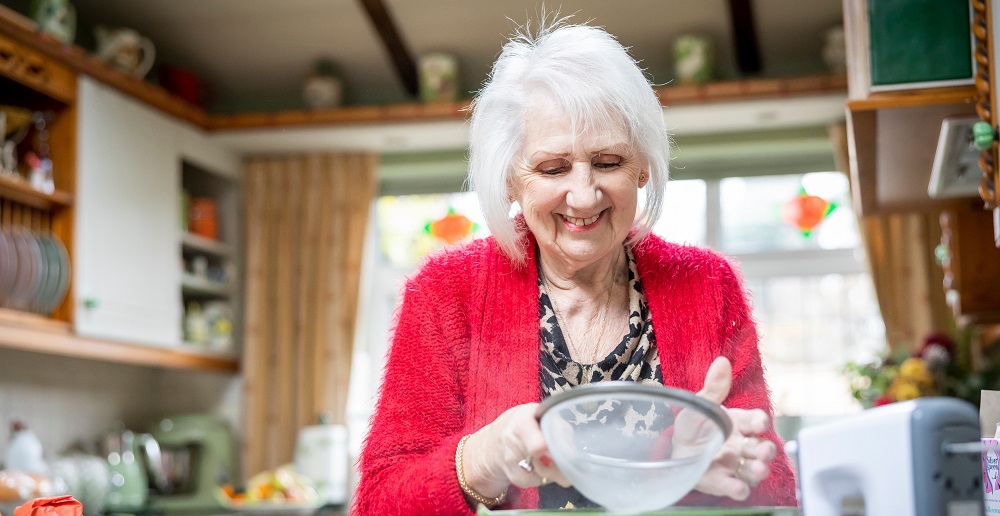
Help your loved ones get home in time for Christmas
December 22, 2025
Lincolnshire health and care partners are urging local people to do all they can to […]

Whilst you’re Christmas shopping, stock up your medicine cabinet
December 19, 2025
This is the time of year when a lot of us are busy shopping for […]

Urgent appeal from NHS for people to have a flu jab
December 19, 2025
As the NHS enters what is often its most challenging time of year, it is […]

How you can help during next resident doctor strike
December 16, 2025
Resident doctors will be on strike again from 7am on 17 December until 7am on […]
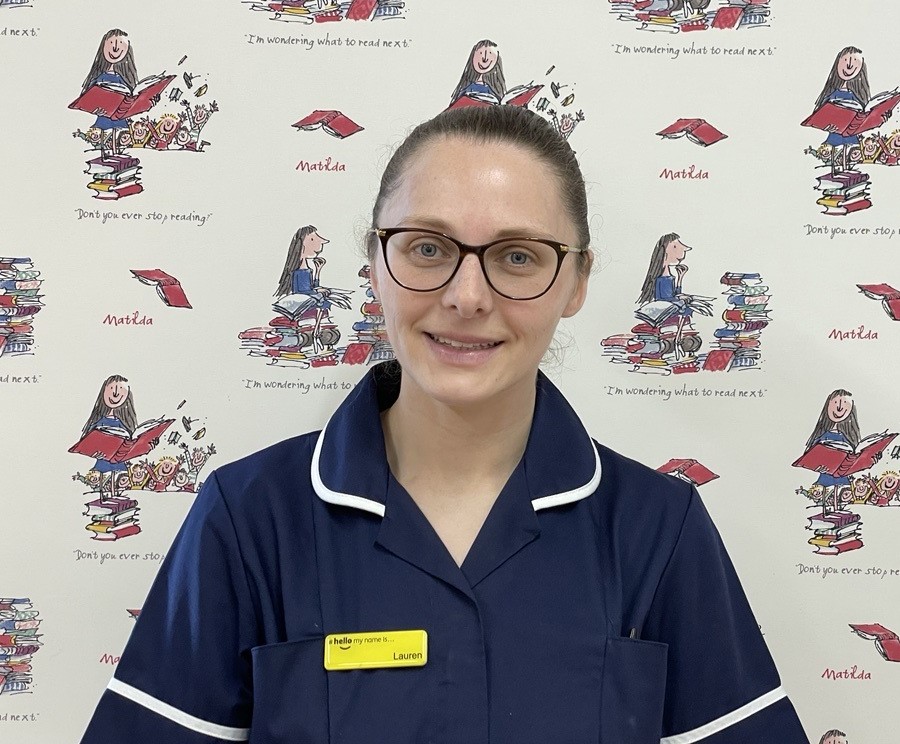
How do I help my child stay well this winter?
December 8, 2025
Lauren Douthwaite, Children and Young People Respiratory Nurse at United Lincolnshire Teaching Hospitals NHS Trust […]

Please remember to get your flu vaccination in time for Christmas
December 5, 2025
With the countdown to Christmas now in full swing, an impressive two thirds of people […]

Unwrap your medication in time for Christmas
December 4, 2025
With the countdown to Christmas now on, people are being advised to order any repeat […]

Primary Care Mental Health Practitioners: Transforming Support at GP Practices in Lincolnshire
December 4, 2025
Primary Care Mental Health Practitioners (PCMHPs) are now successfully embedded within general practice settings across […]

NHS Lincolnshire ICB launches survey to improve stoma care, bowel care and Transanal Irrigation (TAI) services, and catheter products across the county.
December 3, 2025
NHS Lincolnshire Integrated Care Board (ICB) is inviting people with a stoma, those using Transanal […]

Award Winning Partnership
November 28, 2025
A partnership comprising NHS Lincolnshire ICB including the Elective Activity Coordination Hub (led by Leanne […]
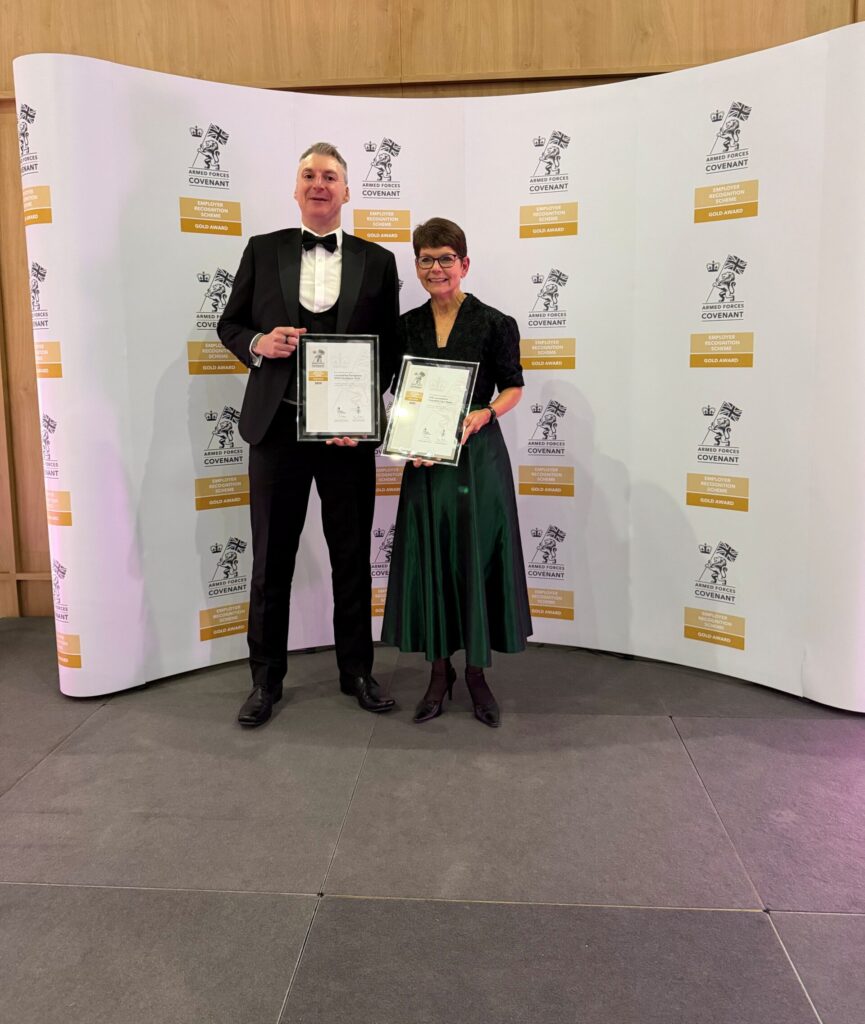
Gold standard: Lincolnshire NHS partners celebrated at Ministry of Defence Employer Recognition Scheme awards ceremony
November 26, 2025
Lincolnshire Partnership NHS Foundation Trust (LPFT) and NHS Lincolnshire Integrated Care Board (ICB) are celebrating […]

Be winter ready
November 24, 2025
David Clark from Lincolnshire County Council’s public health team says: “As winter sets in, respiratory […]

This week is self-care week
November 21, 2025
As we approach the end of self-care week (17 to 23 November) we are looking […]

Stop the Pressure Week: 17-21 November 2025
November 14, 2025
Each year, Stop the Pressure Week which runs from 17 to 21 November coincides with […]
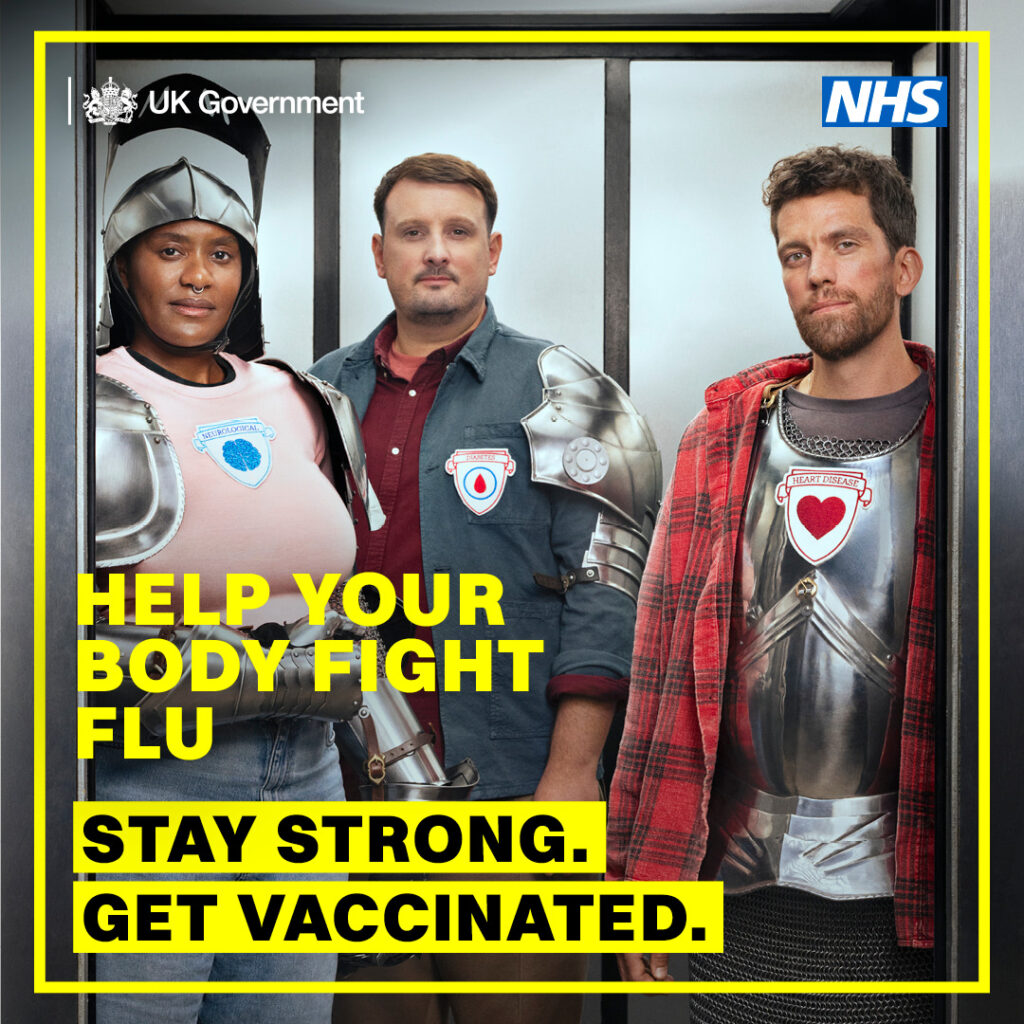
NHS issues urgent SOS to those who’ve not had their flu jab
November 14, 2025
The NHS in Lincolnshire is issuing an urgent ‘flu jab SOS’ to encourage eligible people […]
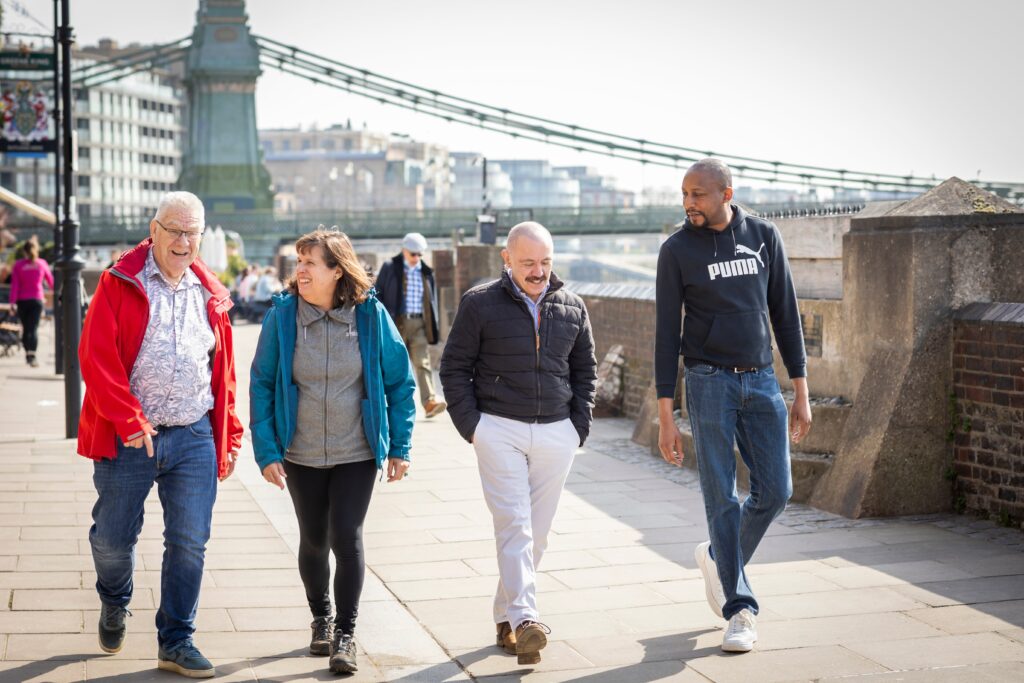
World Diabetes Day
November 13, 2025
World Diabetes Day is November 14 and the NHS in Lincolnshire is raising awareness of […]

Choose the right NHS service during industrial action
November 11, 2025
People are being urged to choose the right NHS service during the resident doctor industrial […]

NHS Clinical Research Workshop
November 10, 2025
This is a workshop aimed at NHS staff, researchers, and collaborators looking to build or […]
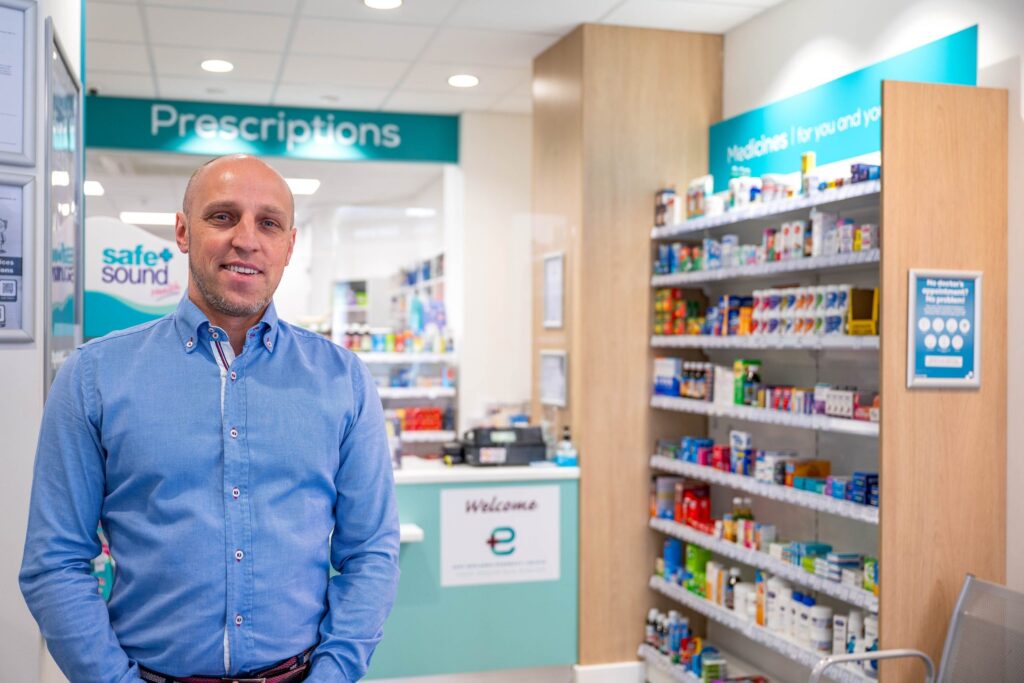
Ask Your Pharmacist Week – “NHS services close to home”
October 31, 2025
Monday 3 November to Sunday 10 November 2025. As winter approaches, Lincolnshire ICB join with […]

Parents and guardians in Lincolnshire reminded to ensure their children’s vaccinations are up to date
October 31, 2025
The NHS in Lincolnshire is encouraging parents and guardians in Lincolnshire to get their child’s […]
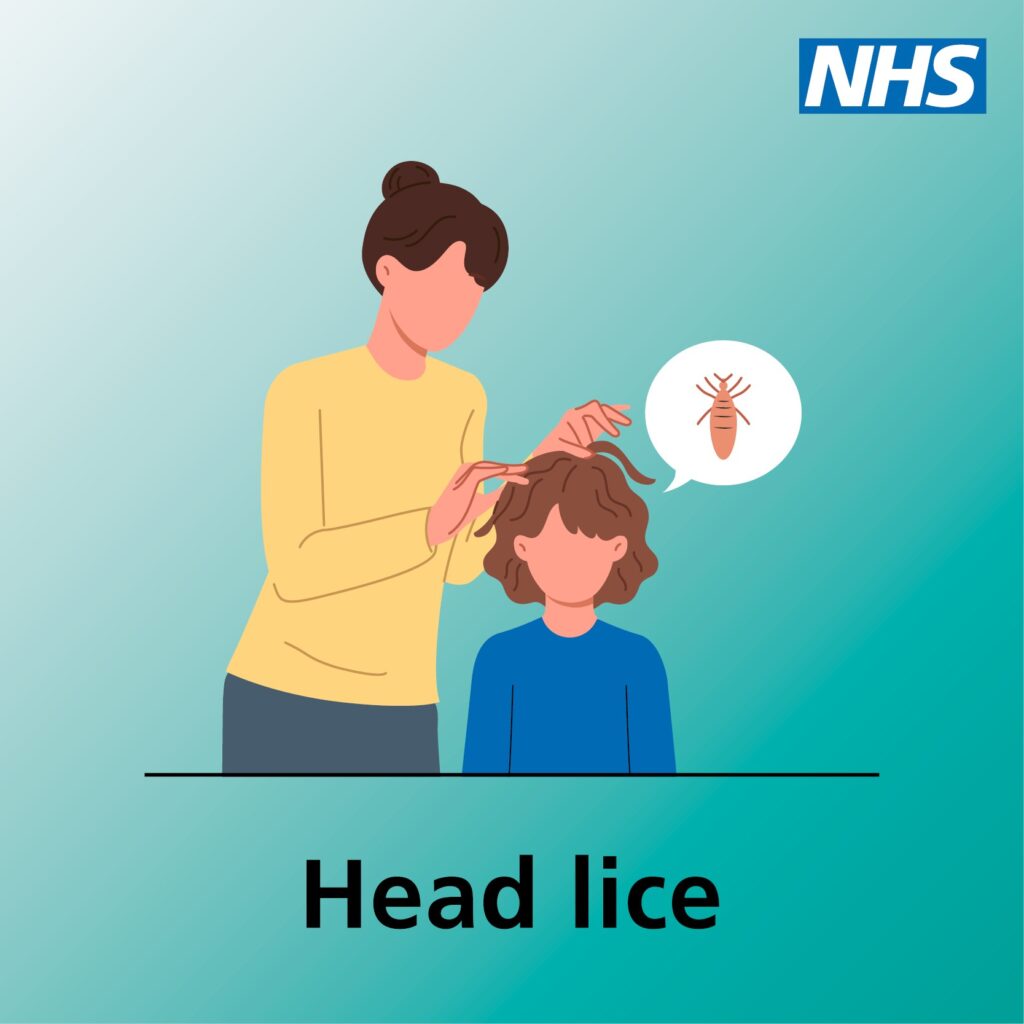
Get on top of head lice and nits
October 28, 2025
October 31 is National Bug Busting Day and NHS Lincolnshire ICB is raising awareness of […]
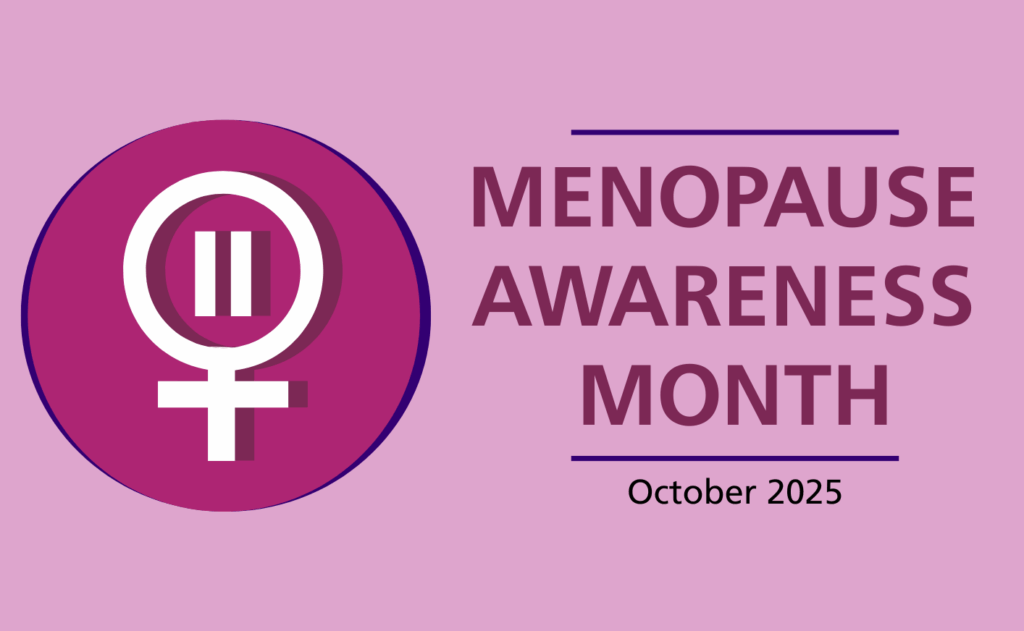
Menopause Awareness Month
October 17, 2025
October is Menopause Awareness Month, and 18 October is World Menopause Day, and NHS Lincolnshire […]
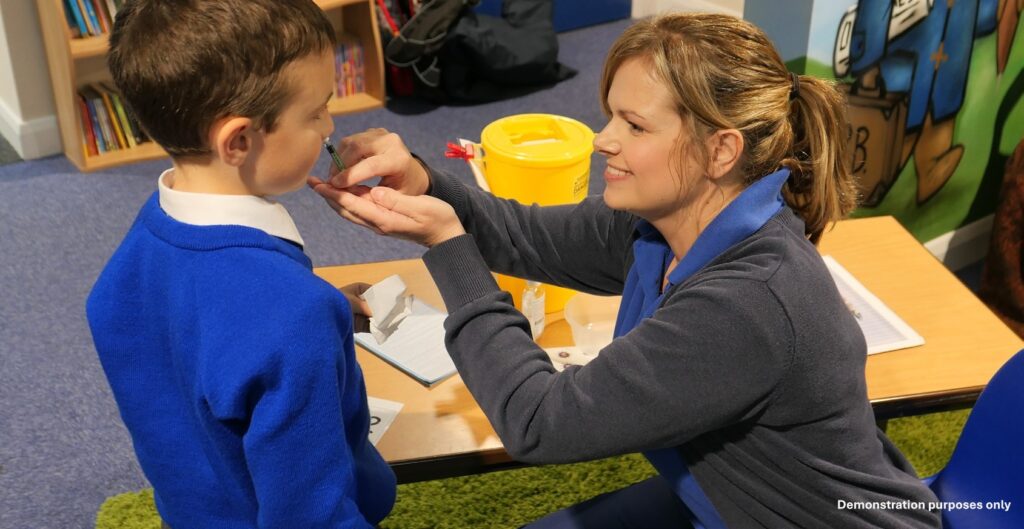
Parents and guardians reminded to provide consent for their child to get vaccinated
October 16, 2025
With the colder winter months incoming, now is the time that we’ll begin to see […]

Protecting Your Family: Why Medication Safety Matters
October 14, 2025
NHS Lincolnshire Integrated Care Board (ICB) and Lincolnshire County Council are urging residents to take […]

Local community pharmacies now able to give flu vaccination to two and three year-olds
October 9, 2025
In a first for the NHS, parents of two and three year-old children can now […]

A New Event for People in Pain: Pain Education for the Nation!
October 8, 2025
Flippin’ Pain is inviting people across the country to join Pain Education for the Nation […]

Breast Cancer Awareness Month
October 7, 2025
Breast Cancer Awareness Month NHS Lincolnshire Integrated Care Board (ICB) is supporting Breast Cancer Awareness […]

Free Virtual Menopause Workshop
October 6, 2025
Do you want to learn more about the menopause, need support managing menopausal symptoms, or […]

Let’s Stop Smoking Together This October
October 1, 2025
This October, NHS Lincolnshire wants to help you stop smoking. If you stop for 28 […]

NHS Lincolnshire Integrated Care Board – September Board meeting
September 26, 2025
NHS Lincolnshire Integrated Care Board (ICB) has confirmed that its next Board meeting will be […]

Stay strong. Get vaccinated this winter
September 25, 2025
The NHS in Lincolnshire is gearing its preparations for winter and, hot on the heels […]

World Pharmacists Day 2025 — Think Health, Think Pharmacist
September 24, 2025
Every year on 25 September, people around the world celebrate pharmacists and the vital role […]
ICON Week returns with a focus on mental health and staying calm
September 19, 2025
“Babies cry, you can cope!” The return of ICON Week (22-26 September 2025) is a […]

Urological Cancer Awareness Month
September 18, 2025
This September, NHS Lincolnshire Integrated Care Board (ICB) is raising awareness of urological cancers during […]
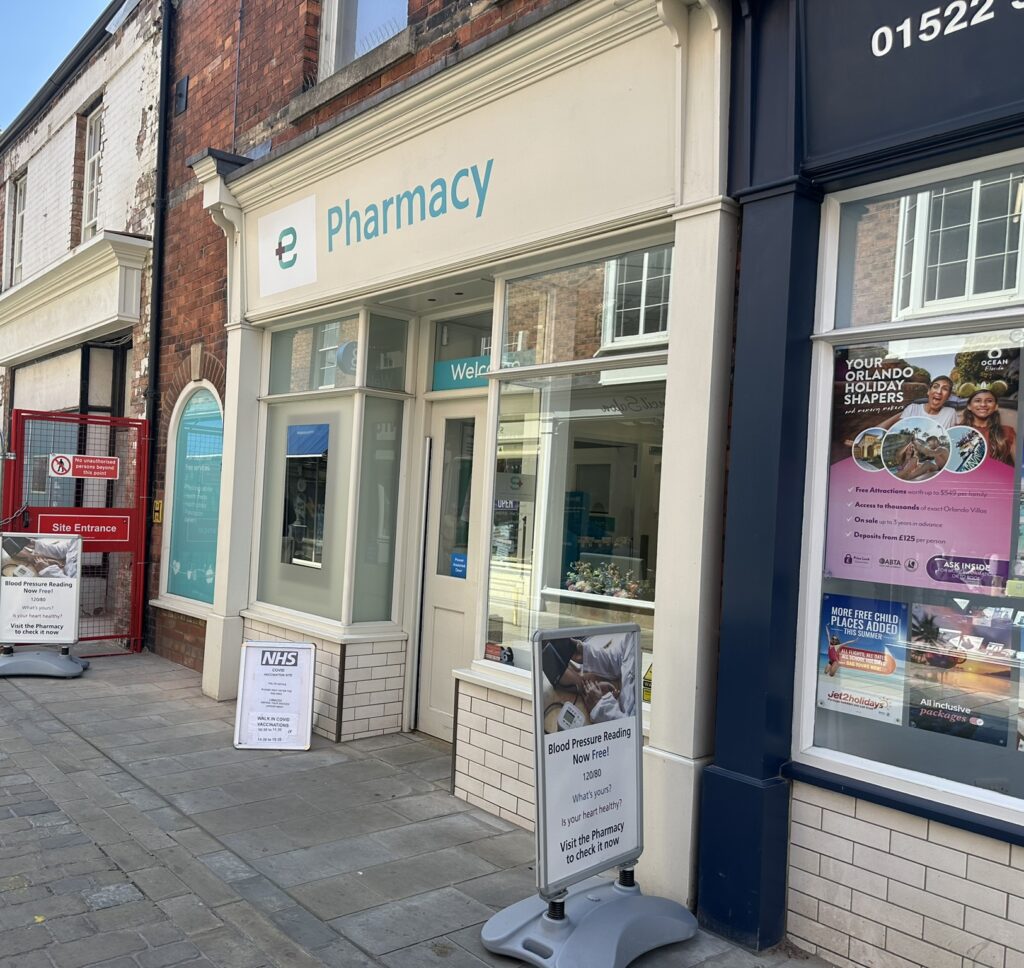
Lincoln Urgent Treatment Centre can now refer patients to local pharmacies through new Pharmacy First Pilot
September 16, 2025
The new Pharmacy First pilot now enables staff visiting Lincoln Urgent Treatment Centre (UTC) to […]
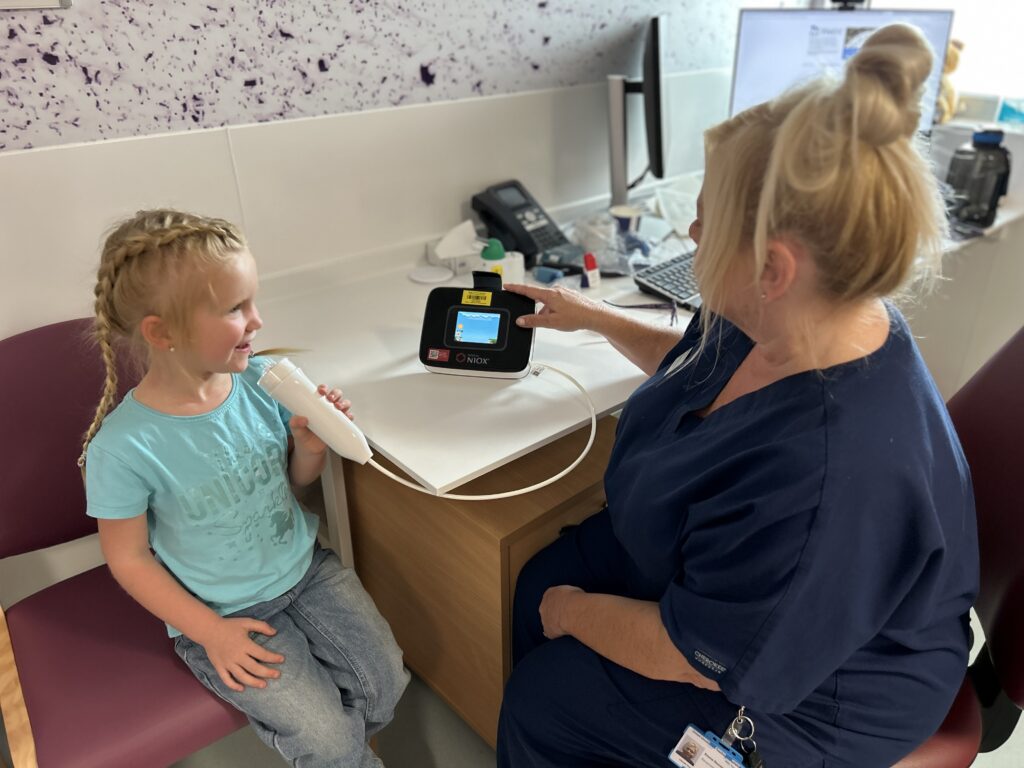
Support for Lincolnshire’s children with asthma highlighted for #AskAboutAsthma2025
September 9, 2025
Children in Lincolnshire are receiving earlier asthma diagnoses and better long-term support, thanks to a […]
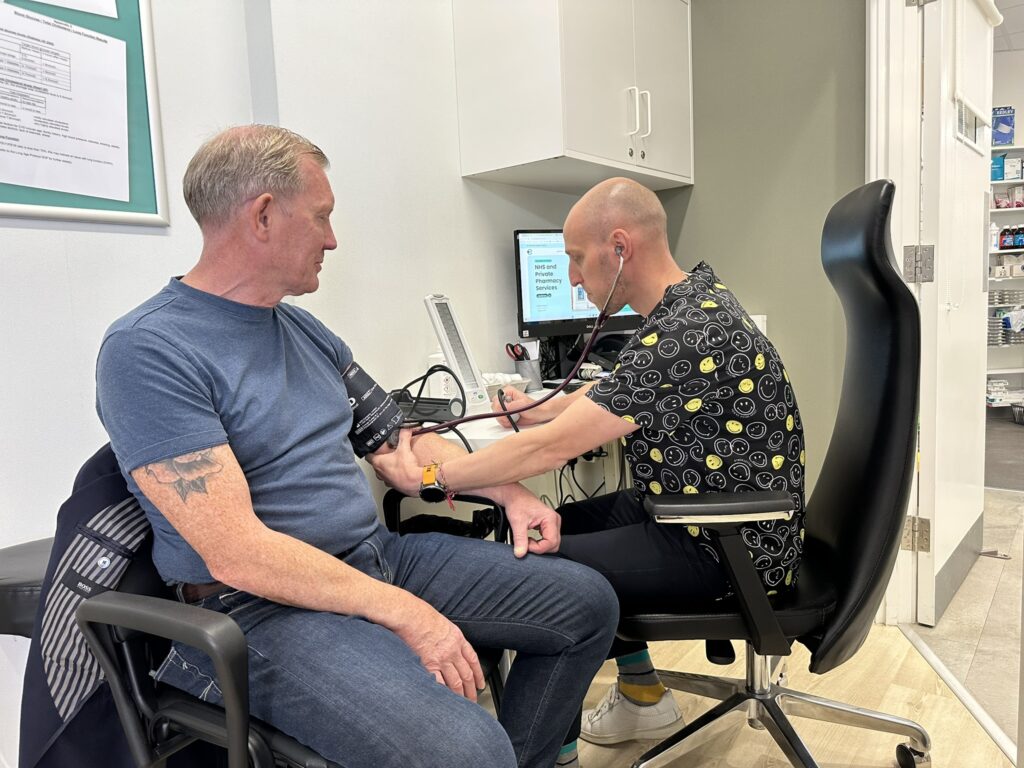
NHS Lincolnshire ICB encourages residents to ‘Know Your Numbers’ this September
September 5, 2025
NHS Lincolnshire Integrated Care Board (ICB) is supporting Know Your Numbers! Week 2025 (8–14 September) […]
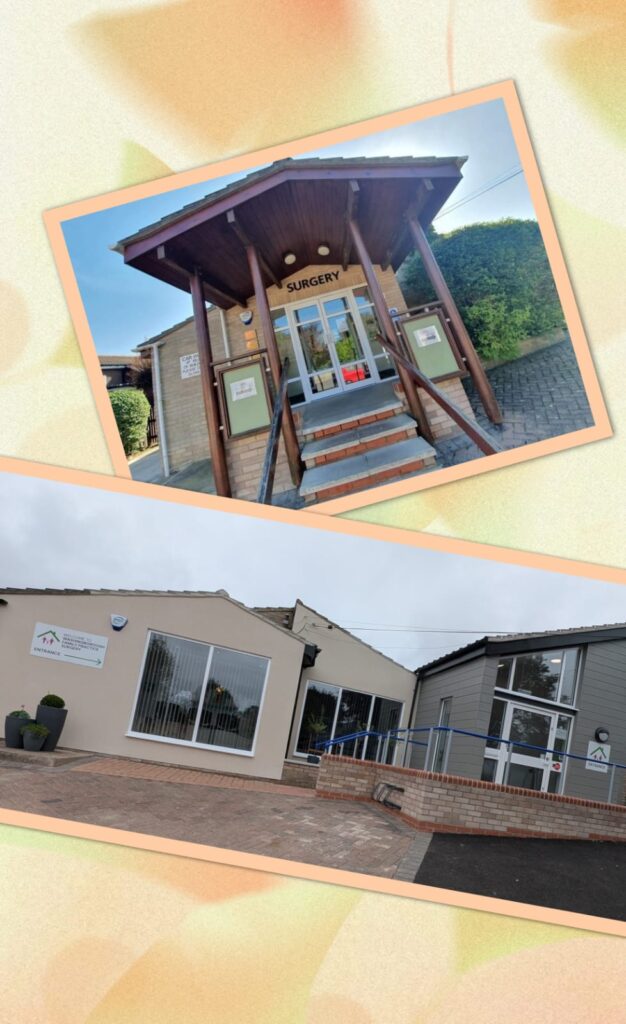
Washingborough Family Practice expands facilities to meet growing patient demand
September 1, 2025
Washingborough Family Practice is delighted to announce the completion of a major extension and refurbishment […]

NHS gears up for flu season
August 29, 2025
With the end of summer in sight, flu season is upon us and the NHS […]

Lincolnshire partners shortlisted twice in HSJ Awards for Dermatology Waiting List Recovery
August 28, 2025
A partnership between the NHS in Lincolnshire and DMC Healthcare has again been shortlisted for […]
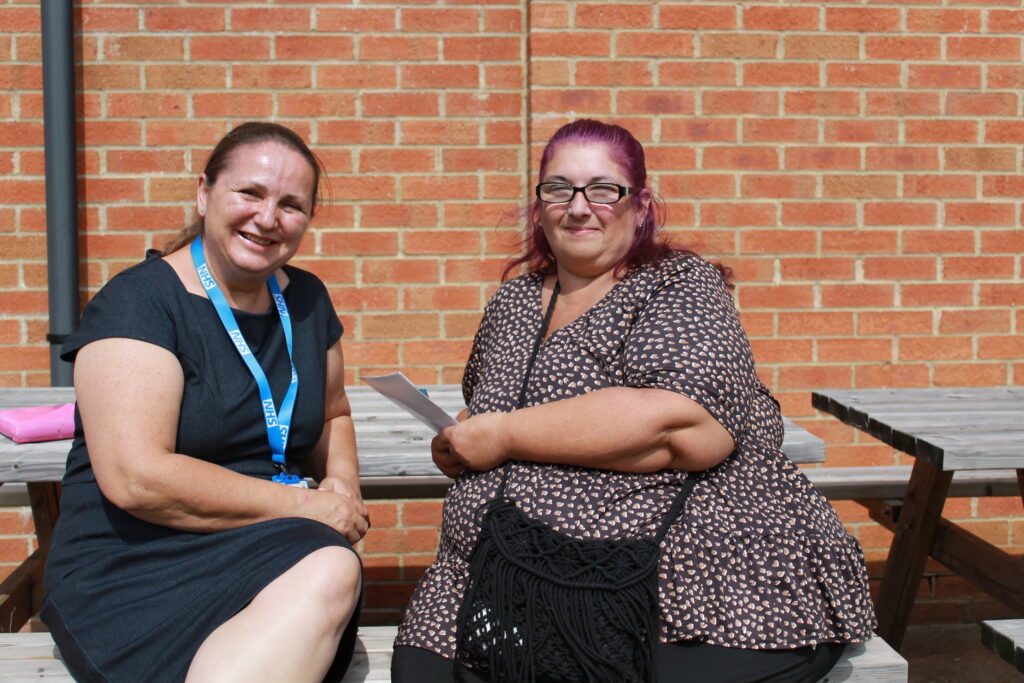
How social prescribing helped Amanda rebuild her confidence
August 20, 2025
Social prescribing is changing lives across the UK. For Amanda, it was a lifeline during […]
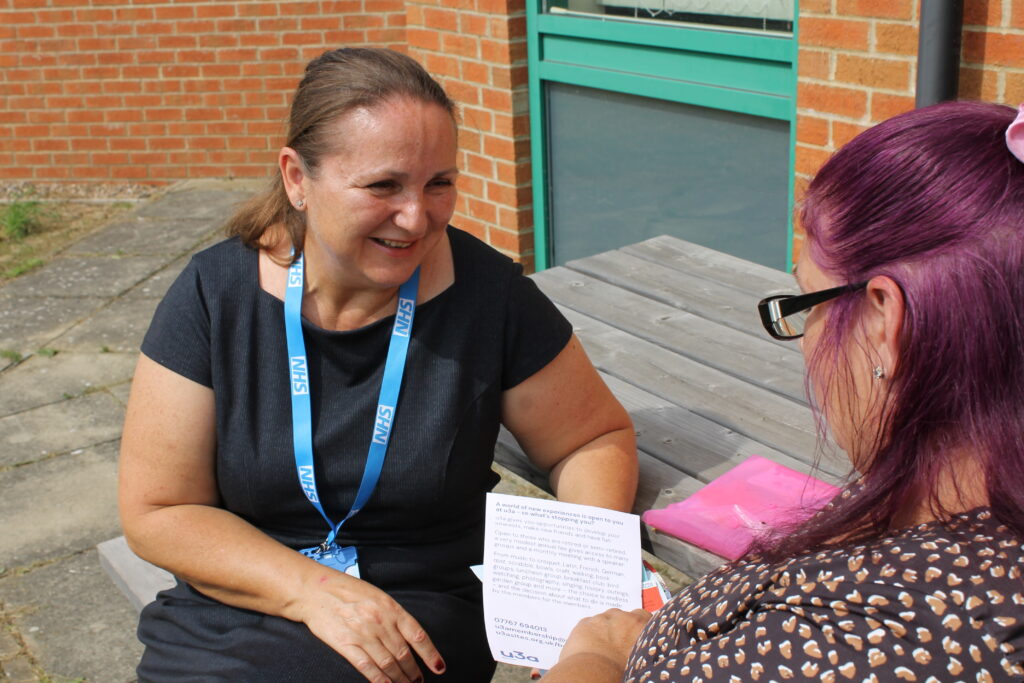
Making connections: Elena’s journey in Social Prescribing
August 14, 2025
Social prescribing helps people improve their health and wellbeing by linking them to non-medical support […]

Seven survival tips for festival goers
August 14, 2025
Festivals are fast becoming the highlight of the British summer and NHS Lincolnshire ICB has […]
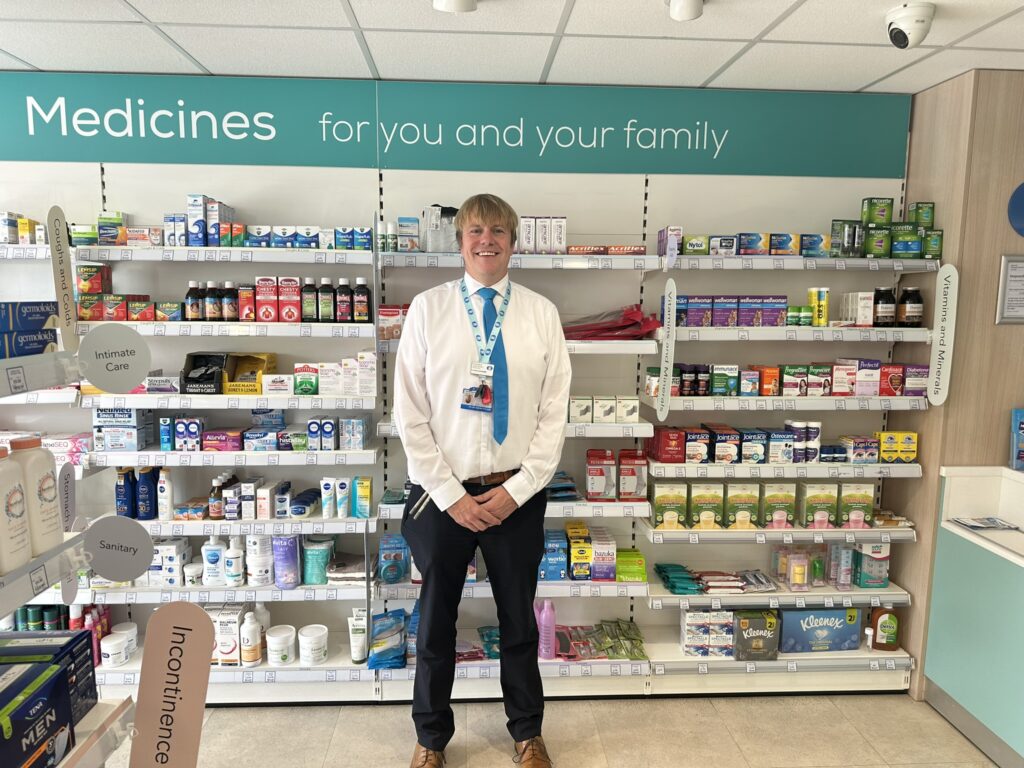
Stay safe and healthy this summer: expert tips from your local pharmacist
August 14, 2025
Summer brings longer days, warmer weather, and plenty of opportunities to enjoy the outdoors. But […]

Don’t forget your prescriptions over the August Bank Holiday
August 11, 2025
With the August bank holiday taking place over the weekend of Saturday 23 August to […]

Check your MMR (Measles, Mumps and Rubella) vaccination status this summer before you travel
August 7, 2025
With cases of measles increasing, the NHS in Lincolnshire is encouraging people to check their […]
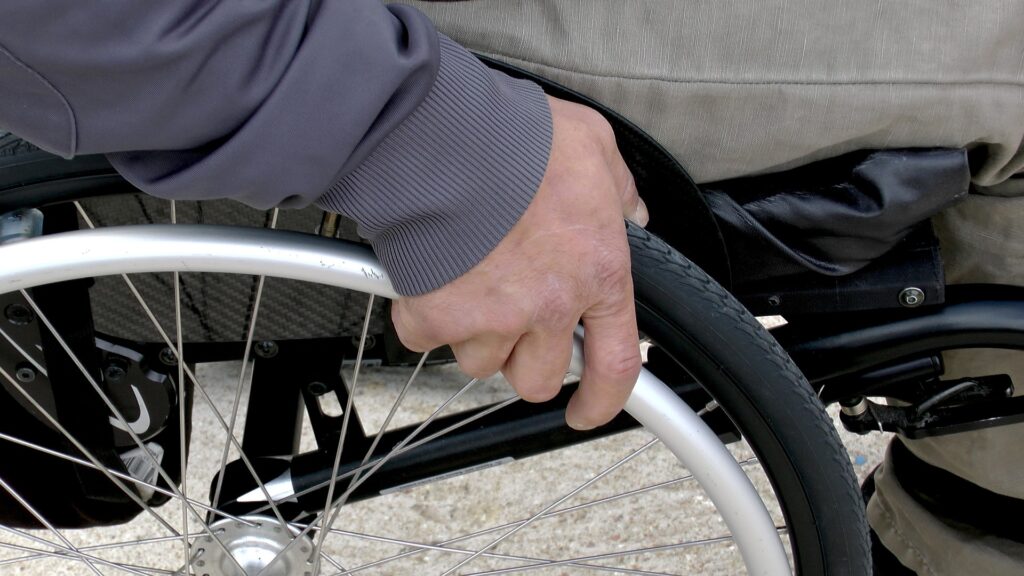
New providers for community equipment in Lincolnshire
August 1, 2025
From 1 August 2025, we’re introducing new partners to continue providing essential health and social […]
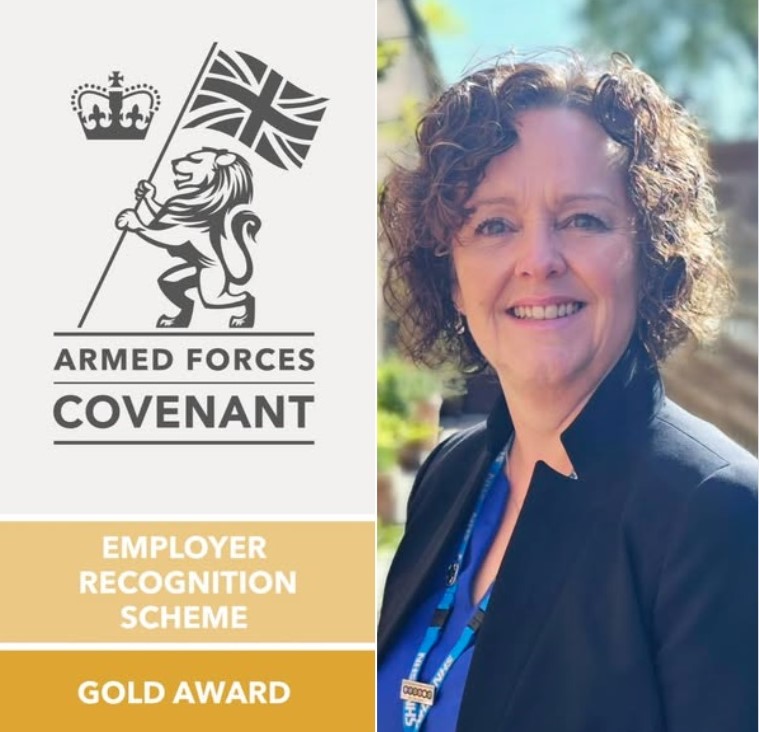
NHS Lincolnshire ICB awarded ‘Gold’ in defence employer recognition scheme
July 29, 2025
The Ministry of Defence has awarded NHS Lincolnshire Integrated Care Board (ICB) the Defence Employer […]
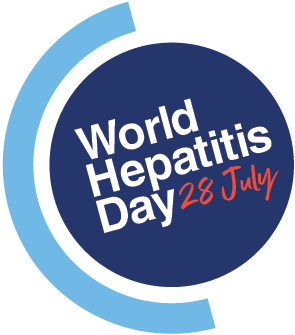
World Hepatitis Day 2025
July 28, 2025
World Hepatitis Day takes place each year on 28 July. It is a global moment […]